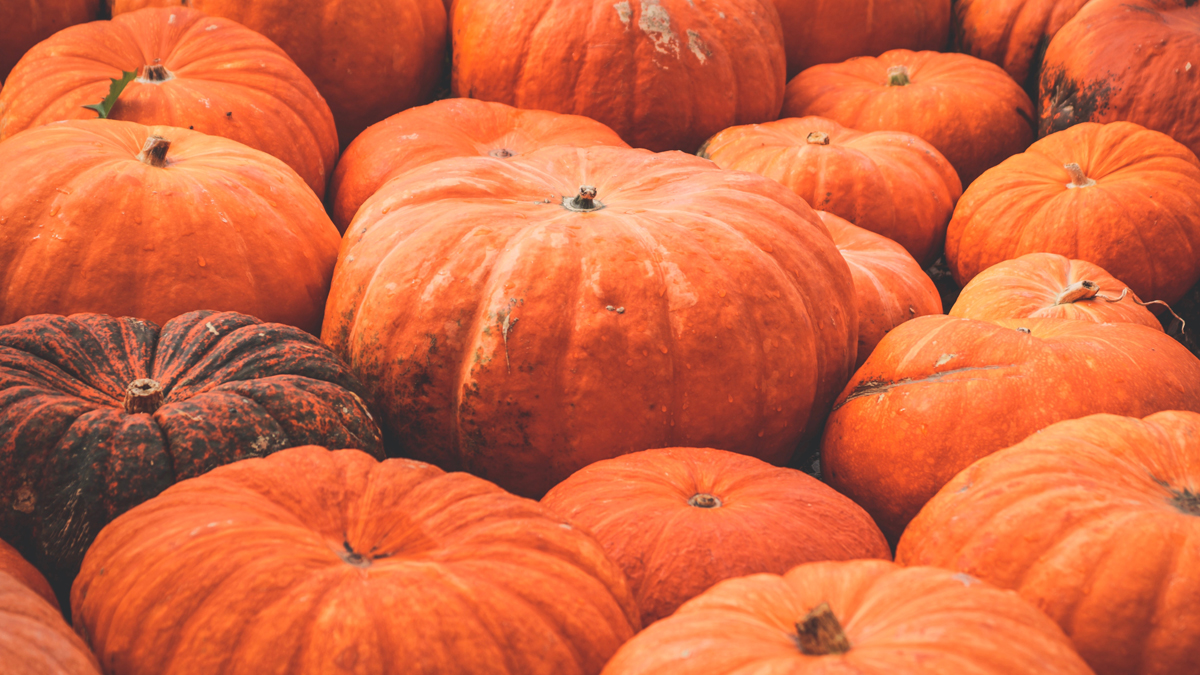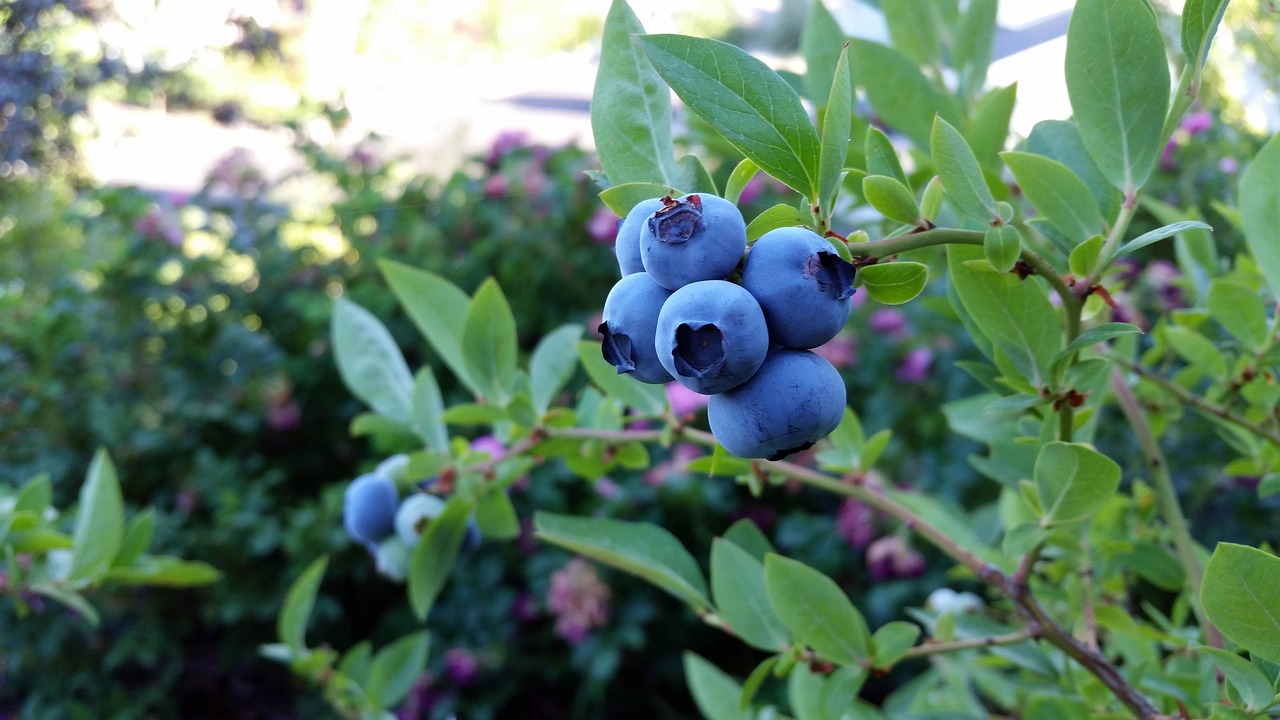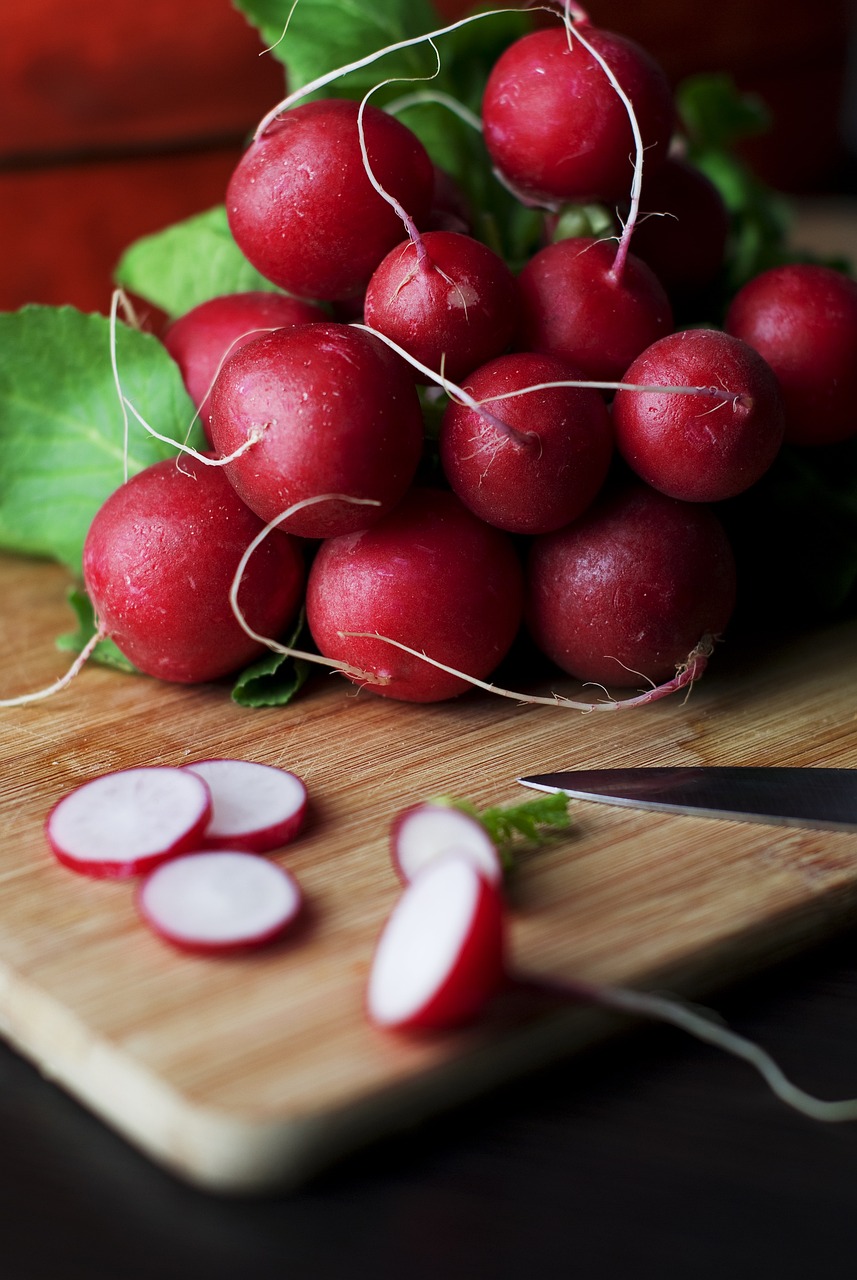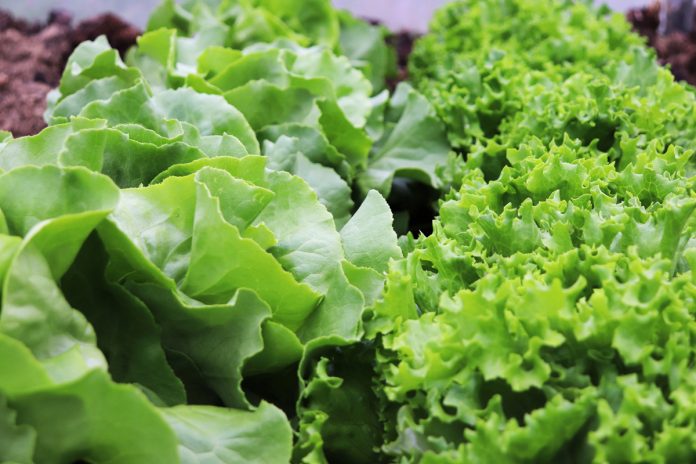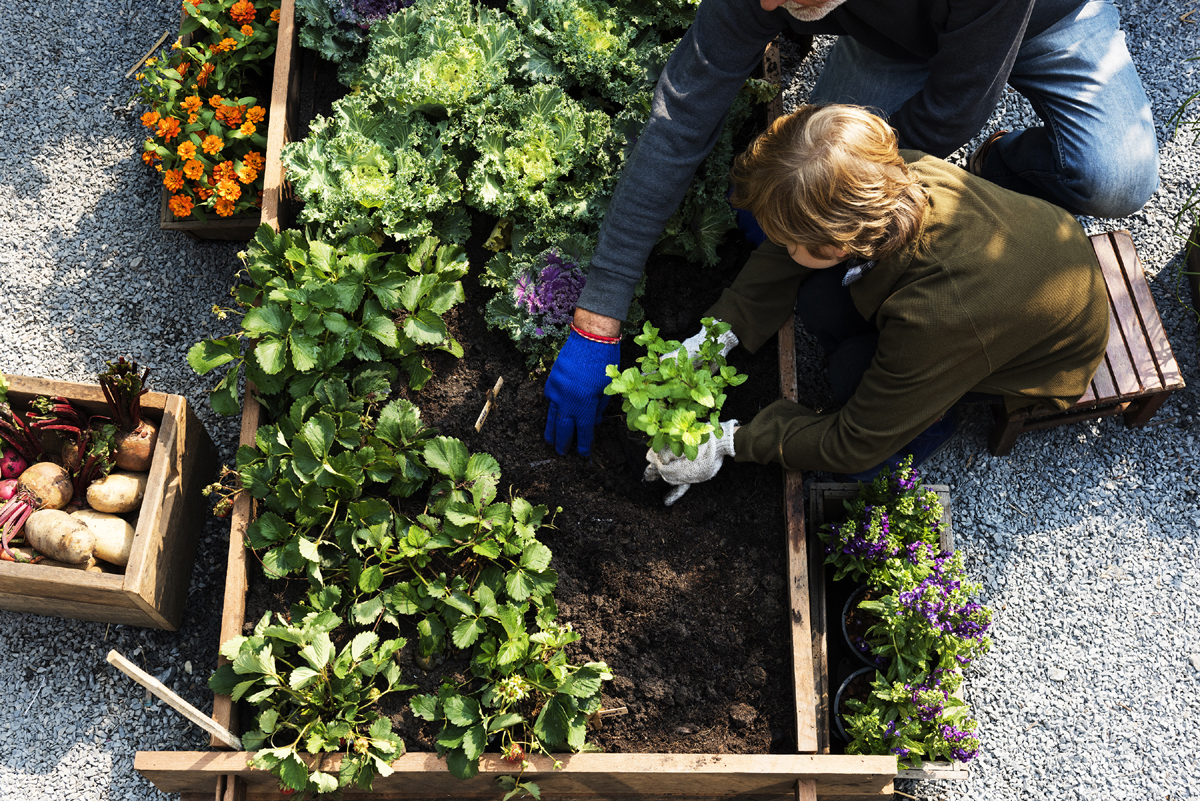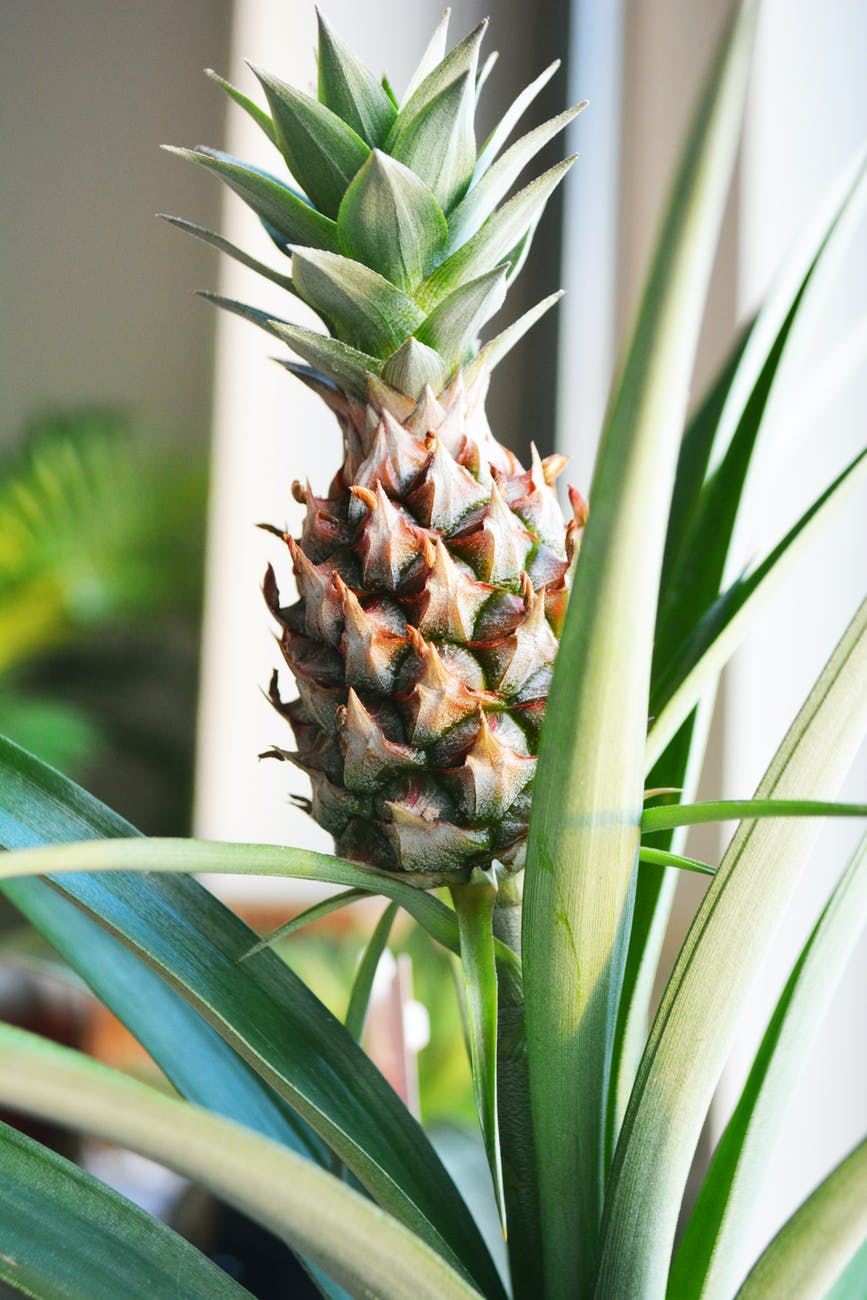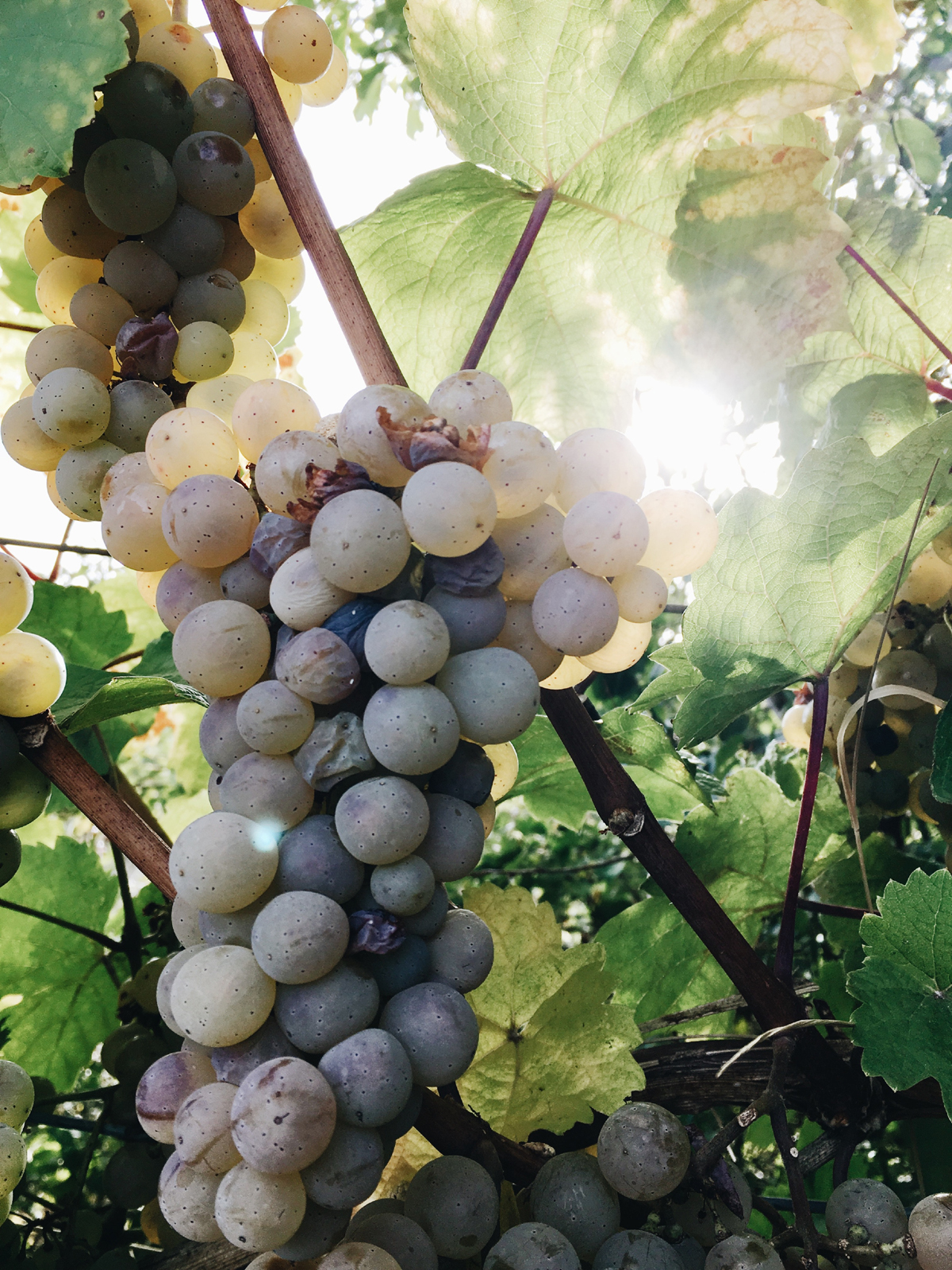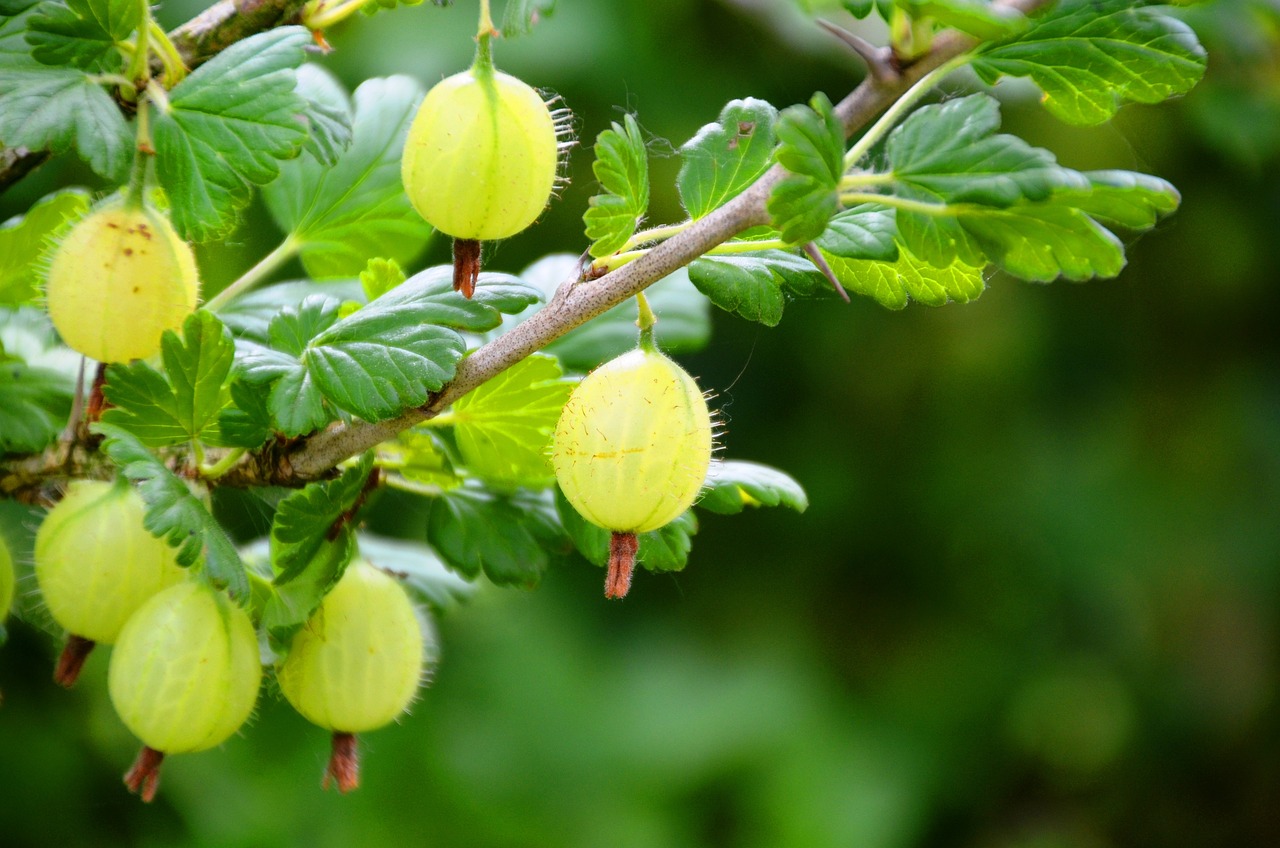Beets: From Seed to Harvest
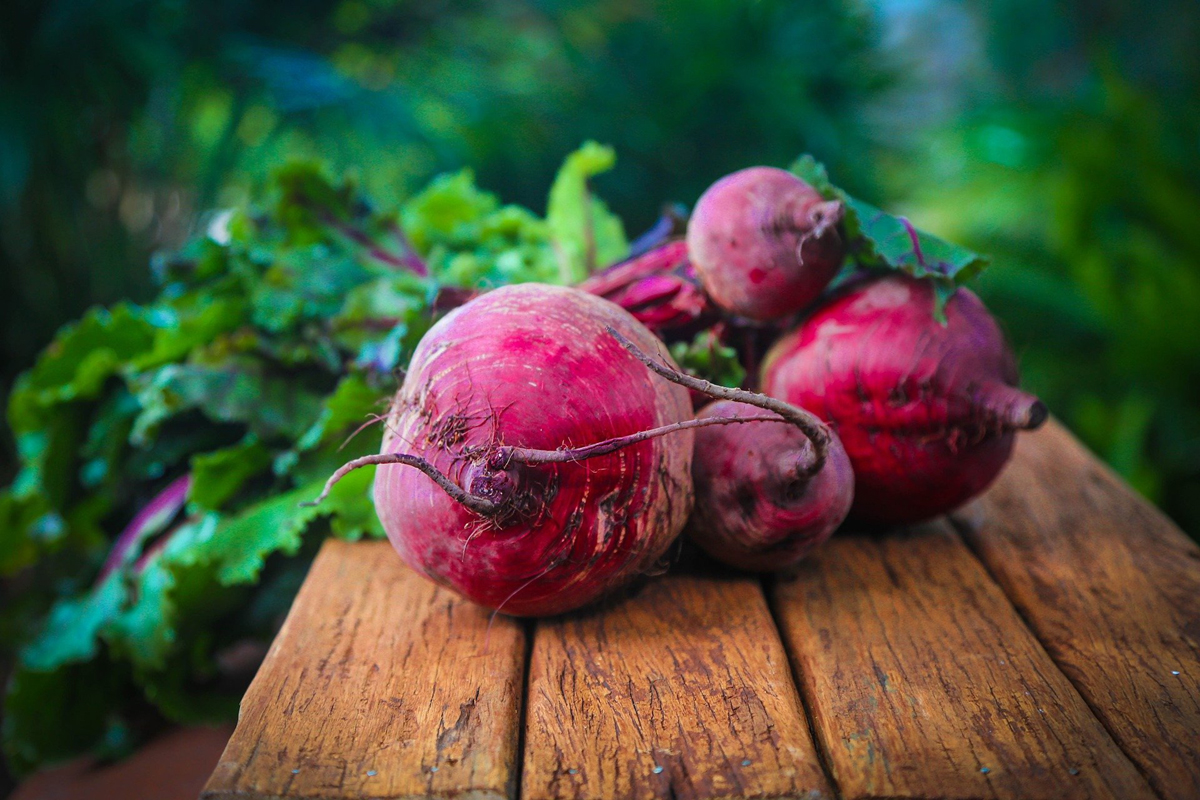
If your only experience for eating beets is from a can around Thanksgiving time, you are really missing out. There is a wide variety of great tasting beets to choose from such as Golden Detroit to the Ruby queen and this doesn’t even include the beet greens which are also edible.
Beets are a great root vegetable that easy to grow, so as long as the soil you plant them in is friable, meaning loose enough to allow the root, which is the actual beet itself, to grow and expand. If your soil is heavy on clay, you may have issues. A quick fix is to add in plenty of peat. Although the use of peat as of late, has been deemed, not environmentally friendly. If that is a concern to you, you can substitute peat with “coir”. Coir is fiber from the outer husk of coconuts.
Beets like to grow in neutral soil, so be sure to take a pH reading so you can make adjustments as necessary. I like to use a specific small raised bed for the beets that I grow. It makes it easier for me to maintain. Don’t plant your beet seeds more than a half inch deep. While they are a small to medium sized seed, that depth will be perfect for your needs.
You can start your beet seeds indoors to get a head start of your gardening season. This comes in handy if you have a short growing season. When you make the transition to the outdoors, be sure to give them plenty of room, both width and depth as some beet roots can extend as deep as 3 feet! Follow the instructions for spacing on your seed packet as it will vary based on the variety you are planting. Lean towards the side of further apart then closer together. For example if your seeds packet reads, space out two to four inches, go with four inches.
Although beets will grow in partially shaded environments, they really do best when in full sun. But, most of everything you grow in your garden thrives best in full sun, so that should be a given.
If possible be sure to harvest your beets when they are about 2 to 3 three inches in diameter. You will see them start to pop out of the ground from the top, similar to what onions do. At this size you get the best flavor. In my personal opinion, any larger and they start to become too bitter. You may, however, like the flavor, so be sure to grow them to your tastes, not someone else’s.
The Author:
Mike Podlesny is the author of Vegetable Gardening for the Average Person: A Guide to Vegetable Gardening for the rest of us, and creator of the monthly Seeds Club.
Photo. Tracy Lundgren

